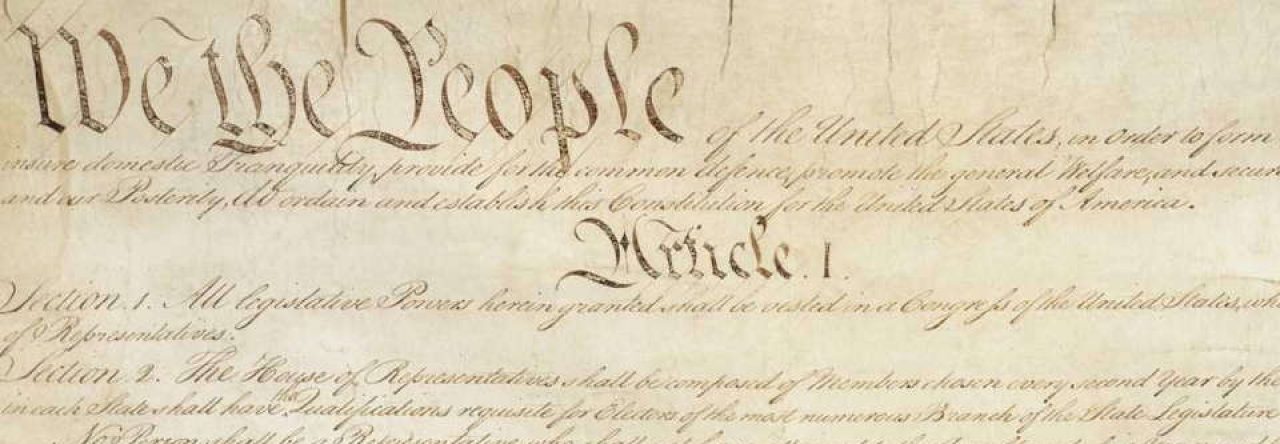Claim: If individuals who suffer from unfortunate circumstances are not excused by criminal law, neither should individuals who suffer from mental illness.
Another argument in opposition to the insanity defense acknowledges that mental illness exists, but denies that it should excuse responsibility. Norval Morris, the author of Madness and the Criminal Law, raised a nonconsequentialist argument against the insanity defense. Morris confronts the question of whether it is actually unjust to convict and punish individuals with mental illness for their actions. Instead, Morris asserts that other influencing factors, such as social disadvantage or economic poverty, “are far more criminogenic than mental disorder” (Morse 1985). In other words, Morris points out that individuals who suffer from unfortunate circumstances such as extreme poverty or tragedy are far more likely to engage in criminal activity, and they are still held accountable for their actions under the law. In his argument, Morris asserts that “[a]s a rational matter it is hard to see why one should be more responsible for what is done to one than for what one is” (Morris 1982). Morris argues that if individuals who suffer from unfortunate circumstances are not excused by criminal law, neither should individuals who suffer from mental illness.
Response: "Disadvantaged defendants are held responsible because they possess minimal rationality and are not compelled to offend" (Morse 1985).
In regards to mentally ill individuals, “causation is not the issue; nonculpable lack of rationality and compulsion is” (Morse 1985). The central issue with Morris’ claim is that causation is not in question. Disadvantaged criminals often come from unfortunate circumstances that are a strongly correlated with crime. However, unlike mentally ill persons, “disadvantaged defendants are held responsible because they possess minimal rationality and are not compelled to offend” (Morse 1985). The insanity defense does not excuse severely mentally ill persons because they are the product of unfortunate circumstances, although they certainly are. It excuses them when expert evidence confirms that their diminished mental capacity inhibits them from making informed choices or resisting wrongful actions.
